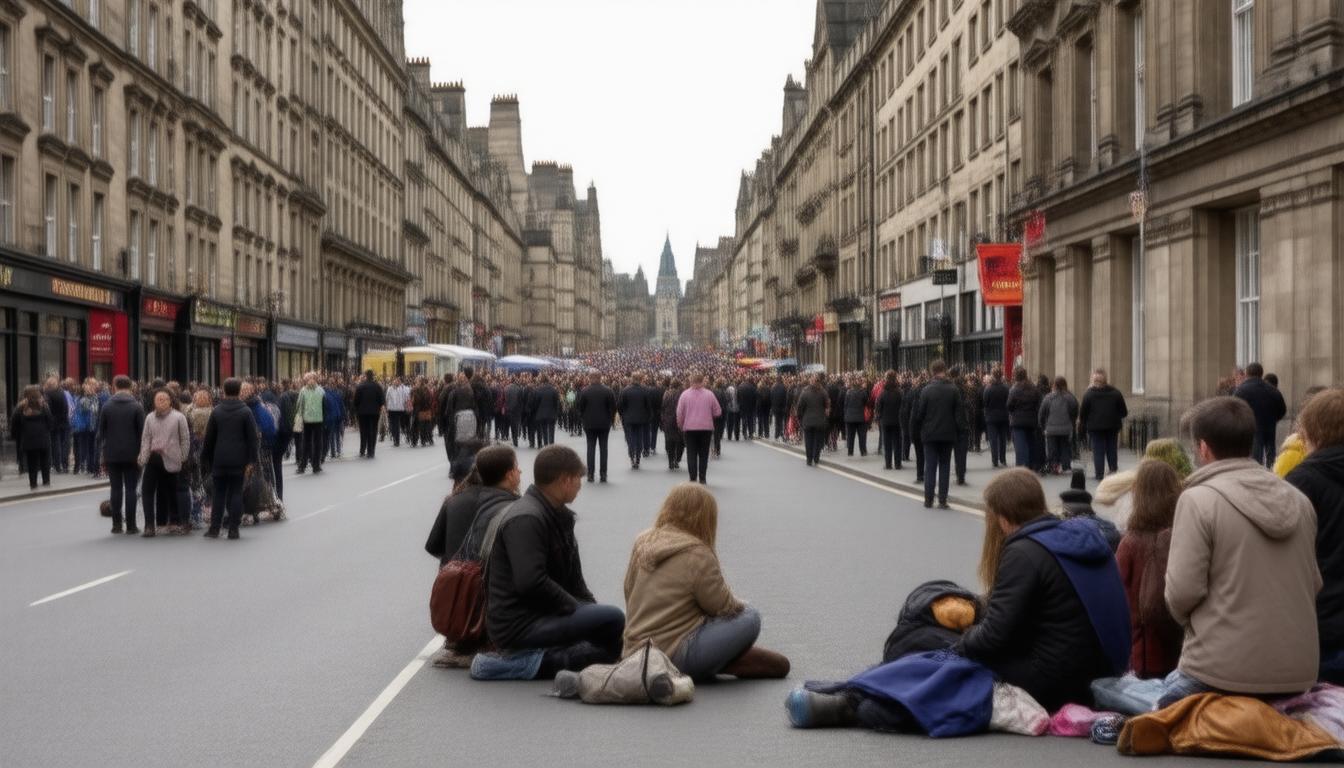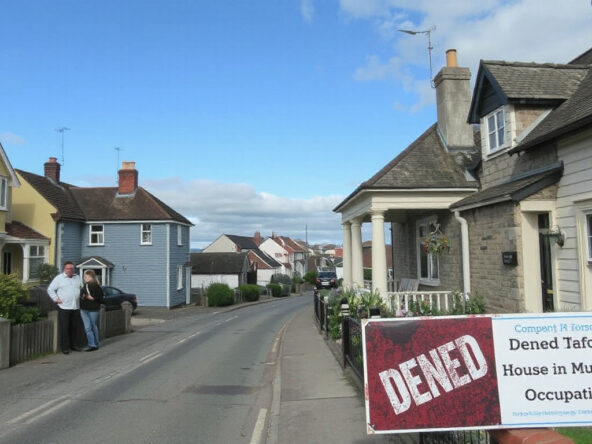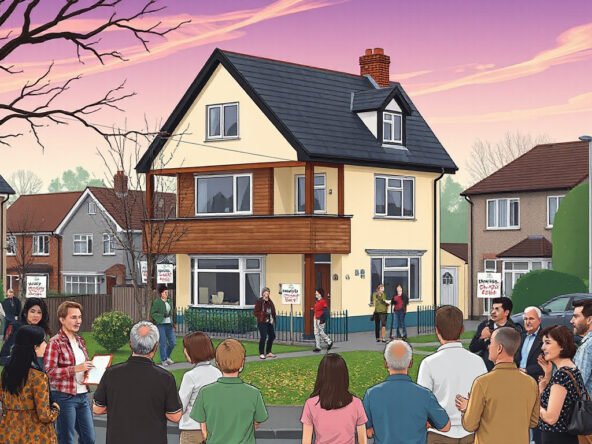Edinburgh is currently grappling with a significant housing crisis, as recent findings reveal over 700 rooms across 30 properties occupied by homeless families are operating without the necessary licenses under Houses in Multiple Occupation (HMO) regulations. In response, the City of Edinburgh Council has pledged to relocate affected families to compliant accommodations, emphasizing their welfare over less immediate housing repairs and new applications. Local charities and councillors have raised alarms over the provision of adequate temporary housing, as the number of applicants continues to rise.
An HMO is defined as a rental facility hosting three or more residents from separate households sharing essential facilities, making compliance with HMO regulations crucial for safeguarding residents’ wellbeing. The council plans to halt payments to unlicensed HMO providers by early December. Gordon MacRae from Shelter Scotland voiced concerns about the deteriorating housing situation, despite the council declaring a housing emergency a year prior. He highlighted that without substantial investment and holistic solutions, the plight of Edinburgh’s vulnerable population will worsen.
Cllr Jane Meagher, the council housing convener, acknowledged the worsening crisis, attributing it to high private rents and inadequate funding for social housing. This acknowledgment brings to light the systemic issues that have led to reliance on unlicensed HMOs. The council’s initiative to streamline the use of existing housing stock aims to enhance compliance among housing providers, anticipating a proactive stance against future challenges. Eilidh Keay, chair of the tenants’ union Living Rent, sharply criticized the council for placing vulnerable citizens into unlicensed accommodations, underlining systemic failures that necessitate urgent reform.
Key Takeaways
- Over 700 unlicensed rooms currently house homeless families in Edinburgh, prompting urgent government action.
- The City Council plans to relocate residents to licensed accommodations while addressing concerns over temporary housing shortages.
- Local advocates emphasize the necessity for sustainable investment rather than temporary solutions to resolve the housing crisis.
The Impact of Unlicensed HMOs on Homeless Families in Edinburgh
In Edinburgh, the ongoing housing crisis has drawn attention to the alarming prevalence of unlicensed Houses in Multiple Occupation (HMOs) accommodating over 700 rooms across 30 properties housing homeless families. This significant issue arises as the City of Edinburgh Council has announced plans to prioritize the relocation of these families to compliant accommodations, putting their needs ahead of less pressing repairs and new housing applications (BBC News, 2024). HMOs, which are defined as properties housing three or more residents from different households sharing essential facilities, have been flagged due to concerns regarding their safety and legality.
The local authorities plan to terminate payments to unlicensed HMO providers by early December 2024, a move that has sparked concerns among charities and officials about the lack of adequate temporary housing for rising numbers of applicants (The Scotsman, 2024). Gordon MacRae from Shelter Scotland has voiced fears that, despite a housing emergency declared a year ago, conditions may worsen if comprehensive investment and solutions are not pursued, highlighting the inadequacy of temporary fixes (Edinburgh News, 2024).
Meanwhile, Council housing convener Cllr Jane Meagher emphasized that the housing crisis is further aggravated by soaring private rents and insufficient funding for social housing, prompting reliance on these unlicensed HMOs (BBC News, 2024). She acknowledged the urgent need for systemic reform and improvement in licensing compliance among housing providers to prevent similar situations in the future. Eilidh Keay, chair of the tenants’ union Living Rent, criticized the Council for permitting vulnerable individuals to reside in unlicensed accommodations, pointing out the systemic failures that have led to this predicament (The Scotsman, 2024).
As the Council takes steps towards addressing these critical housing issues, the focus remains on safeguarding the rights and wellbeing of Edinburgh’s homeless families amidst an escalating crisis.
City Council’s Plan and the Urgent Need for Permanent Solutions
As part of their overarching strategy, the City of Edinburgh Council is also collaborating with local housing associations to explore sustainable housing models that might prevent similar emergencies in the future. This initiative aims not only to increase the available stock of affordable housing but also to enhance the support services available to vulnerable families. In addition, council officials are urging the Scottish Government to support a policy overhaul that guarantees stable funding for social housing developments, thereby reducing reliance on temporary accommodations or HMOs. The urgency of these measures is becoming increasingly evident as the number of individuals experiencing homelessness continues to rise. Furthermore, local organisations are advocating for a multi-faceted approach that involves input from various stakeholders, including private developers, to create inclusive housing designs that can cater to diverse community needs. Such innovations could potentially lead to long-term solutions that address both immediate housing shortages and the systemic issues contributing to homelessness in Edinburgh.




